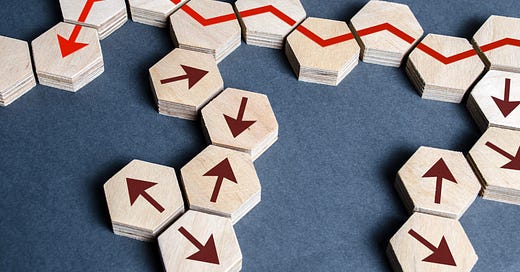The Zone of Optimal Development
No pain no gain is a bad expression – the right pain for the right gain is better.
The mantra of no pain no gain is present in all aspects of life. As is hard work, and “stretch”, and cramming. All of these focus on creating intensity, or overload, to grow. The problem with this is it is generally wrong, very wrong! Yes, we do need to stretch the system at times, but it is less often than you may think, and the amount of stretch is different for each person. So we need to find the right amount of pain for optimal gain. The zone of Proximal Development explains why.
The zone of proximal development is a term I came across during my teacher training a few decades ago. This was proposed by the Russian psychologist Vygotsky. It was a term that stuck with me because it seemed so simple but so obvious and so practical. Various other similar concepts have indeed been proposed such as Csikszentmihalyi’s concept of flow which also states that you should be in an optimal zone of focus and ability.
Fast forward a number of decades and I came across a similar concept from a sports scientist, Frans Bosch, who is a well-known figure and whose input has contributed to alternative physiological training programmes for elite sports teams such as the Japanese and Welsh national rugby teams. Bosch proposed many ways of rethinking sports conditioning but also optimal loads, or what I term low-fatigue training. This is because optimal loads lead to faster recovery and therefore also more training possibilities and quicker adaptation. This in contrast to, or with, the overload principle.
The overload principle states that overloading your muscles or physical system strains the body and so the body aims to recover and rebuild to be able to deal with the strain imposed on it. This is true of course, but there are two things to consider with this approach. First, the body will need to recover and adapt to this. Second this is stressful for the body and therefore releases cortisol and this in turn may inhibit recovery and have a number of negative knock-on effects. So, to summarise overload does lead to adaptations but needs recovery and is stressful.
Keep reading with a 7-day free trial
Subscribe to leading brains Review to keep reading this post and get 7 days of free access to the full post archives.





